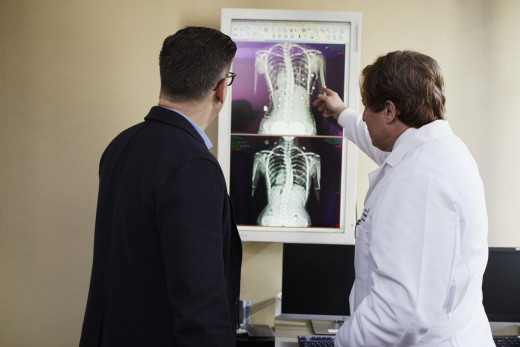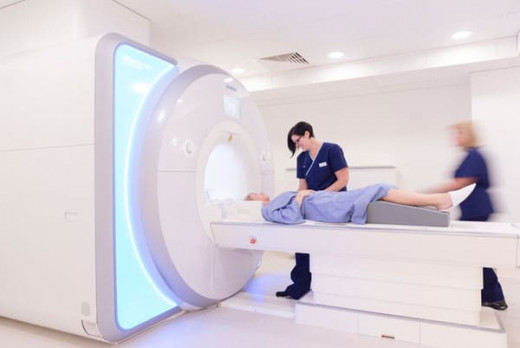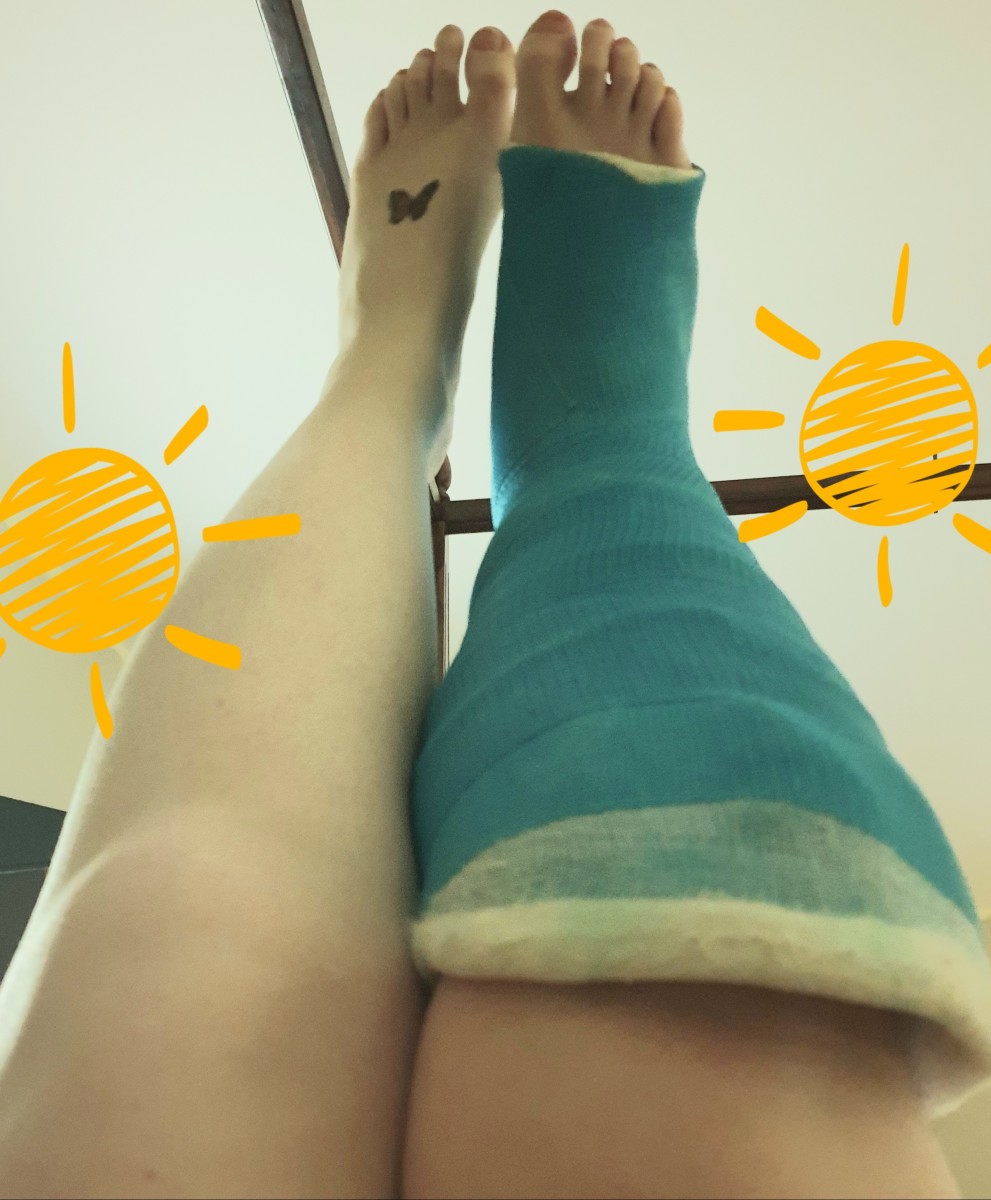Is It Worth Asking For a Second Medical Opinion?
Being diagnosed with a serious illness can be scary. Some will even pass through different stages when learning about a new health condition, from denial to acceptance. In these hard circumstances, it’s easy to find yourself confused about what decisions to make and what path to take. And while some may trust their doctors’ opinion 100%, you should know that it’s completely OK to ask for a second opinion when faced with a serious diagnosis.
Why Get a Second Medical Opinion
A second opinion is a very useful tool for investigating the ratifications or potential modifications of a suggested diagnosis or treatment by a second doctor or specialist. When facing a life-changing or life-threatening disease like cancer, a second medical opinion can give you some peace of mind by helping you:
-
Confirm that your diagnosis is appropriate and that all possible tests have been completed and interpreted properly, in case any other diagnosis could be considered
-
Compare treatments or confirm that the suggested treatment is appropriate. A second opinion also helps consider the possible outcomes of a certain treatment or provide you with information about other options
-
Become more educated about your diagnosis, which should help you make informed decisions that feel right for you, instead of going ahead with whichever first option you are given

When Should I Get a Second Medical Opinion
Although you don’t really need to have a reason to ask for a second medical opinion, there are some occasions when asking for a second opinion is pretty much a must-do, and even a third opinion could be recommended where two doctors openly disagree. After all, doctors can make mistakes but your health is important, so don’t hesitate to keep looking until you find the right answer to your concerns.
Here are some examples of situations where a second opinion is more than recommended:
-
You have been diagnosed with a rare disease. Some diseases are so rare that it’s hard to find information about them, and most doctors won’t be able to tell you much about the disease itself or treatments. In these cases it’s vital to look for specialists who have dealt with this condition previously and ask for their opinion. You will need to do a little research to find them, but it will definitely help you get the best treatment.
-
You have undergone treatment but your symptoms are not improving. Sometimes it takes a little while for treatments to show their benefits on your health, but if your symptoms persist after treatment, chances are this wasn’t the right treatment for you. Instead of assuming that you will have to live with the symptoms for the rest of your life because nothing else can be done, you could reach out for other doctors that may advise you to try a different treatment.
-
You have been recommended a treatment that is risky, involves surgery or has lifelong consequences. Invasive treatments such as surgery or chemotherapy involve risks to your overall health, which is why it’s wise to explore all the options available before agreeing to a procedure.
-
You have been diagnosed with cancer. Cancer diagnoses can be confusing and overwhelming. Being such a life-changing disease, it is important that you learn as much as possible about it and your treatment options. Getting a second medical opinion on cancer will improve your chances of getting the best tailored treatment for you.
-
You have the feeling that something is off. As previously mentioned, you don’t need a reason to ask for a second opinion - sometimes you just don’t feel comfortable with the diagnosis, the treatment, or even your doctor. If this is ever the case, by all means trust your intuition and ask for a second opinion.

Where to Get a Second Opinion
Although some people might feel uncomfortable asking their doctor for a second opinion, the truth is most healthcare professionals will be happy to refer you, and some will even encourage you to seek out more information with another doctor. They know better than anybody how a rushed decision about a treatment can end up being harmful, and they should never try to convince you to stick to their opinion.
Getting a second opinion can be as easy as asking your GP to refer you to another doctor or another clinic. You can also look for a specialised private clinic like The LOC, or ask your relatives and friends if they have experienced a similar condition in the past. Whatever the case, you should always let your doctor know that you are seeking a second opinion, as they will have to send your tests results and medical records to the second clinic or hospital.








